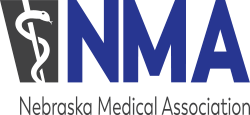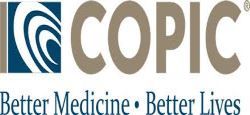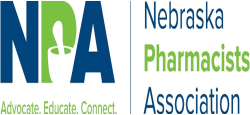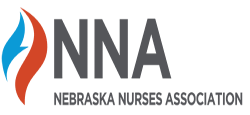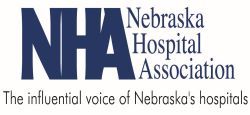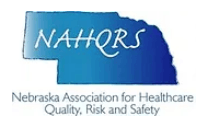As you may know, NCPS was formed in 2006 through the collaborative efforts of the Nebraska Hospital Association, Nebraska Medical Association, Nebraska Academy of Physician Assistants, Nebraska Pharmacists Association, and Nebraska Nurses Association at the direction of the Nebraska Patient Safety Improvement Act of 2005. Since its beginning, NCPS has been engaged with hospitals across Nebraska and western Iowa, supporting them in their patient safety improvement efforts. However, we know that only a small percentage of all health care encounters occur within the acute hospital setting. To make a significant impact on patient safety, NCPS must expand our approach to engage with health care providers across the care continuum to understand and address patient safety problems.
The Nebraska Medical Association and the Nebraska Academy of Physician Assistants have again stepped forward as champions for patient safety by initiating and advocating for the enactment of Legislative Bill 25 (LB25). As a result, a Patient Safety Cash Fund will be created, through the collection of patient safety fees from physicians, osteopathic physicians, and physician assistants. Effective January 1, 2020, physicians and osteopathic physicians will pay a fifty-dollar patient safety fee upon initial licensure and biennial licensure renewal, and physician assistants will pay a twenty-dollar patient safety fee upon initial licensure and biennial licensure renewal. The patient safety fee will end on January 1, 2026, unless extended by the Legislature.
The Patient Safety Cash Fund will only be used to support the activities of a patient safety organization. NCPS will receive these funds, as the state’s designated patient safety organization. This additional funding will enable NCPS to increase its capacity to support additional health care providers in various care delivery settings. NCPS has been actively working to improve our infrastructure by adding to our workforce, updating our reporting systems, developing expanded educational offerings, and enhancing communications.

